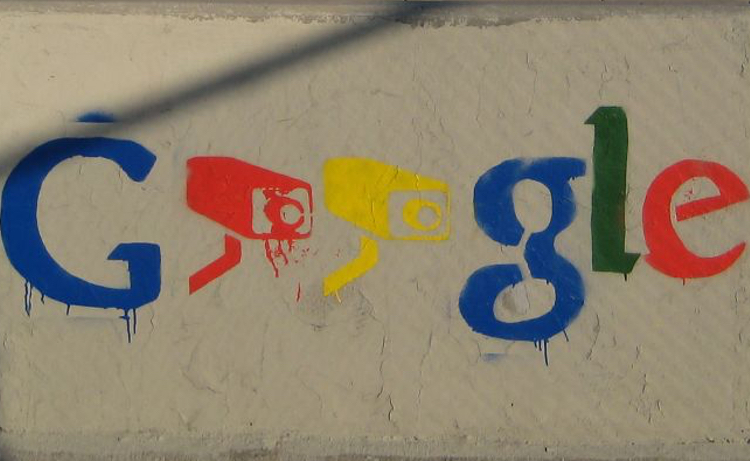Google Assists U.S. Police in Tracking Criminal Suspects
Journalists from WRAL have discovered that Google provides the police in Raleigh, North Carolina, with identifiers of mobile devices that were near crime scenes at the time the crimes were committed. In 2017, Google assisted police in investigating at least four crimes.
According to WRAL reporter Tyler Dukes, one of the investigations involved searching for a sexual predator, while another focused on an arson case that left about 40 people homeless. The other two cases were related to murder investigations. Google supplied police with IMEI numbers and the coordinates of devices, as well as the exact times they were registered within a certain radius of the crime scenes. Afterward, police sent requests to Google to identify several potential suspects. As of now, the investigations are still ongoing. It is known that police managed to detain a suspect in one of the murder cases.
Police officers say this practice is a natural evolution of criminal investigation methods, while privacy advocates argue that it threatens the privacy of innocent users. “People willingly share many details of their lives with Google. But do they realize that, by doing so, they are also sharing them with law enforcement?” says Jonathan Jones, a former Durham prosecutor who now leads the North Carolina Open Government Coalition at Elon University.
Most modern phones, tablets, and laptops have built-in location tracking that uses GPS data, as well as Wi-Fi and mobile network connections. Even if a user disables GPS geolocation, a device connected to a mobile network or Wi-Fi still transmits its coordinates to the provider—though less accurately than with GPS. A Raleigh police representative noted that Google can track not only phones running the Android operating system but also any device with at least one Google app installed. As for Android devices, in theory, Google can track them even when GPS, Wi-Fi, and mobile networks are turned off (as reported last year by Quartz journalists).



